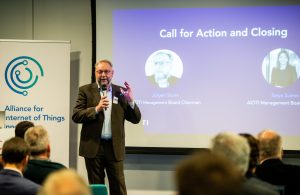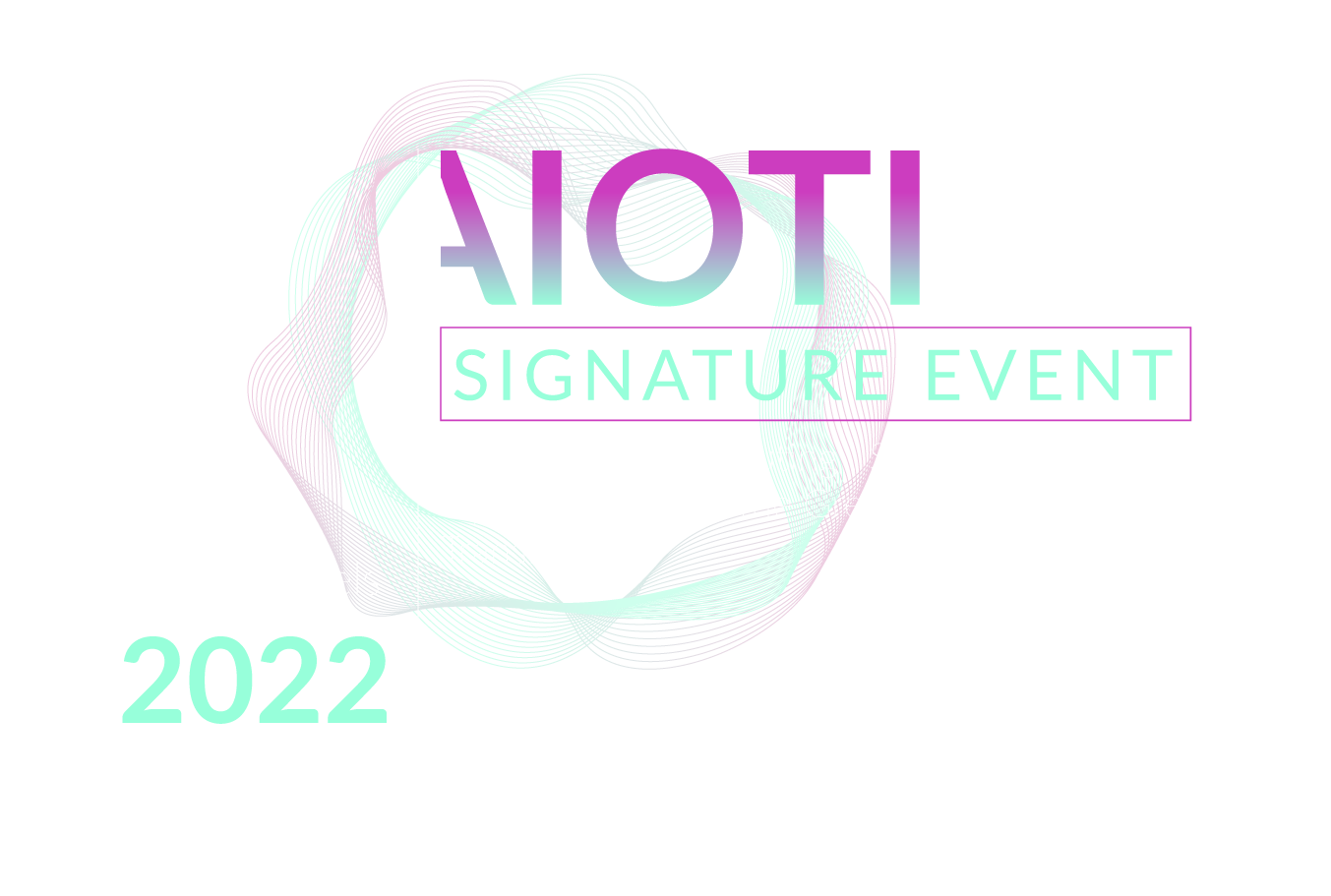
IoT and Edge Computing: Societal Impact and Opportunities for the Green Digital Twin Transition
27 September 2022
Thon Hotel Bristol Stephanie, Avenue Louise 91/93, 1050 Brussels
Governments everywhere are urging not only industry but also consumers to go easy on the planet’s precious raw materials. And Europe is banking on innovation as a driving force in achieving its so-called twin (green and digital) transition to a zero carbon, zero waste economy that leaves no person or place behind.
The European Commission states that “Europe must leverage the potential of digital transformation, which is a key enabler for reaching the Green Deal objectives.”
This idea is reinforced in the New Industrial Strategy for Europe, where it is underlined that the twin ecological and digital transitions will affect every part of our economy, society, and industry.
New green technologies are already here to help tackle the biggest challenge of our time: climate change. The European Commission has long promoted digital transformation to enhance economic competitiveness, while also recognising that digitisation can contribute to sustainability goals and enable the changes needed for a just green transition. The Commission’s twin green and digital goals are seen to complement each other well.
The Green Deal wants to decouple economic growth from resource use by 2050, and transform ‘linear’ take-make-discard industrial value chains into virtuous models that design waste and pollution out of the process, keeping products and materials in use for longer and helping to regenerate ecosystems.
How, exactly, are digital solutions enabling sustainability gains? Are they contributing to the EU’s green growth now? And what more can be done to stimulate green growth through digitisation? How can IoT and Edge computing contribute achieving to Green Deal and digital twin transition objectives.
AGENDA
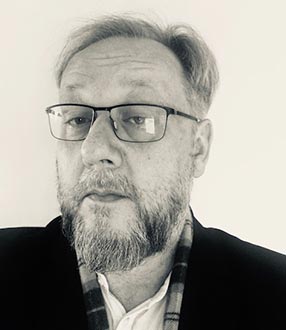
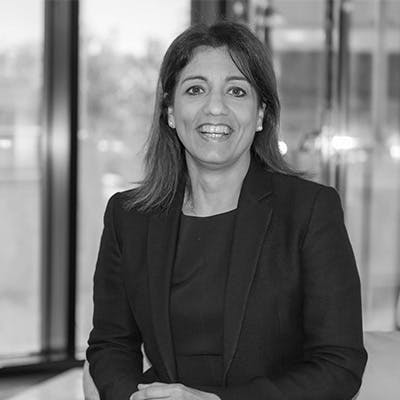
Our societies nowadays have to deal with complex and transboundary crises within which a more systemic approach with strict interconnection between risk reduction and sustainable development is needed. Complex crises affect scientific, governance, policy and social areas and require inter-sectoral cooperation.
In particular, the paradigm shift from managing “disasters” to managing “risks” and enhancing resilience needs to be developed to support complementary education and training needed in all the domains of interventions (from public administration to private companies, citizens, NGOs), complementary procedural and organisational changes that have impact on the overall society as well as on technologies, processes, procedures and various tools in support of first and second responders operations.
In that regard, AIOTI has developed a vision paper on IoT and Crisis Preparedness. The main objective of this vision paper is to identify the steps to be followed to develop societal resilience towards short-term and long-term risks. The aim is to showcase the best practices and insights needed to sense, respond, defend and recover within the IoT domain by involving all key stakeholders.
The paper address four different fields of threats: 1. Pandemics and other Health-related threats, 2. Natural Disasters, 3. Cyber-Attacks and 4. Attacks on Public Spaces. In this session we will explore how this links to the overall objectives of the implementation of international policy frameworks (e.g. the Sendai Framework for Disaster Risk Reduction, the Paris Agreement, Sustainable Development Goals), EU disaster risk management policies tackling natural and man-made threats (either accidental or intentional), European Green Deal priorities including the new EU Climate Adaptation Strategy, as well as the Security Union Strategy and the Counter-Terrorism Agenda.

11:15 - Q&A
AIOTI has developed at the end of 2021 within its Testbeds Group the “AIOTI Testbed Catalogue”. The report comprises a set of testbed descriptions based on a specific format and has as aim to contribute to a coordinated view on testbeds derived from content provided by AIOTI partners; the use-cases being developed; the European competitiveness domains being addressed; global perspective on the interest of partners in terms of testbeds.
In parallel with “AIOTI Testbed Catalogue”, Testbeds Group also developed “AIOTI Testbeds Methodology” report. This report presents a methodology for the collection, curation, assessment and dissemination of testbeds within AIOTI. A testbed is defined as a platform (hardware and / or software) implemented on a trial basis in order to explore and evaluate a set of technologies as a solution to a set of use cases, business challenges and / or domain-specific needs. The report provides a structured approach and strategic narrative to AIOTI members and other external-to-AIOTI stakeholders on the topic of IoT and Edge computing testbeds to support the vision of AIOTI.
This session will present both reports as a dissemination tool and to assist in the development of use-case demonstrations and new testbed development.

12:15 - Q&A
AIOTI has developed in collaboration of Urban Society, Buildings, Innovation Ecosystems, Energy and Health communities a report that is covering topics of improving healthy urban lifestyle, value-based healthcare and mitigating the risk and social impact of isolation and loneliness in urban societies.
This report focuses on how IoT can be deployed to foster mental and physical health, thereby putting the weight on disease prevention instead of treatment. Furthermore, cultural and behavioural factors, including the degree of trust in IoT and other technical applications, digital data, governments and the industry itself, are explicitly included and covered by the report. We will present the results of the report and have open discussion between contributors and experts on how IoT and technology can support to identify and mitigate diseases and increase prevention thus supporting broader societal goals of benefiting people’s health and well-being.

14:15 - Q&A
As we are electrifying massively, need to build local resilience, the future is a decentralized power infrastructure.
This opens up huge opportunities to bring together citizens, build a wave of renewing our living environment, solve other social challenges we face and more. Not only that but we are also facing the challenge to transform our way of living and working into a circular economical structure.
IoT, AI, edge architecture and blockchain solutions are entering these domains and there is growing investments made available for a variety of start-ups in these fields.
In this session we will explore how can we unlock the promise of these technologies and really initiate a transformation in our living and working space, ensuring a thriving future for us and generations to come? How can we bridge the gap of exponential tech development and the acceptance by the public at scale?

15:15 - Q&A
Standardisation plays an important role in development and application of technologies in interoperable way.
This presentation will show how standardisation and AIOTI activities in that area contributes to the topics covered by the three sessions (IoT and Crisis Preparedness, IoT improving Healthy Urban Lifestyle and Built Environment Powering the Future).
Discussion between the panellists of the three session and the AIOTI Standardisation Group will show the challenges and opportunities of that IoT and Edge computing standardization has on Twin (Green and Digital) transition, supporting crisis preparedness, contributing to disease prevention and improving built environment.
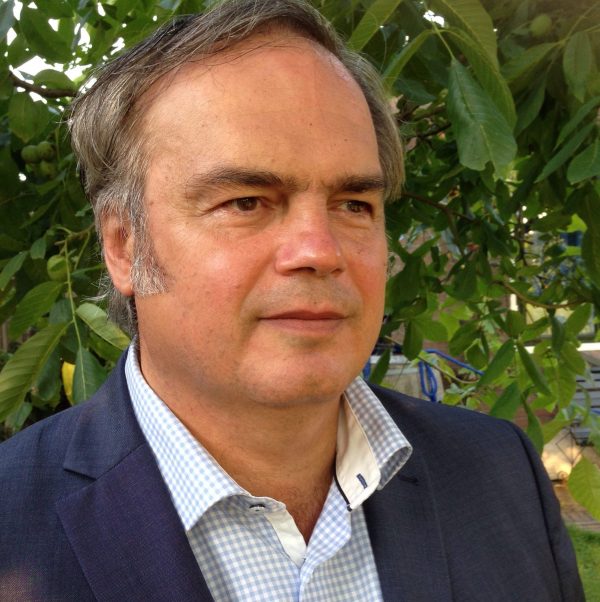
PRESENTATIONS
Keynotes:
Session 1: IoT and Crisis Preparedness
Presentation: AIOTI Testbeds Methodology and Catalogue
German Madueno (Keysight Technologies)
Session 2: IoT Improving healthy urban living
Celine Prins (Institute for Future of Living)
Jane Walsh (University of Galway)
Session 3: Built environment powering the future
Erik van Wijk (DeWaarde Fabriek)
Audi Pau Garcia (European Commission)
Presentation: IoT and Edge computing standardisation: Impact and Opportunities
PHOTO GALLERY
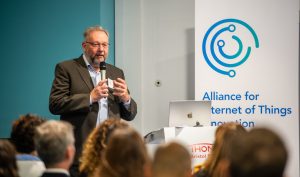
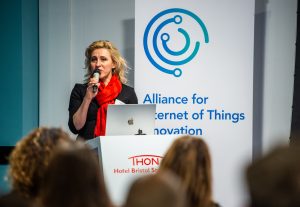 .
. 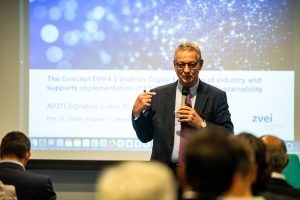
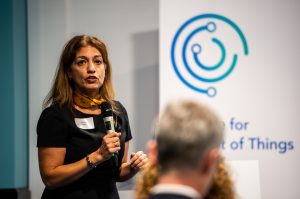 .
. 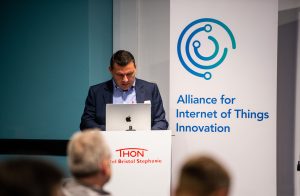
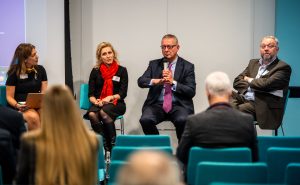
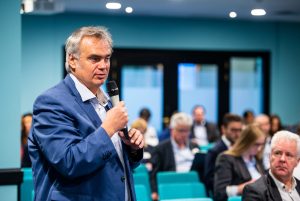
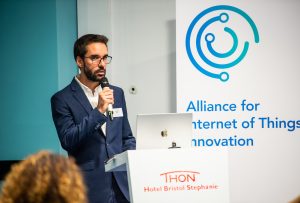
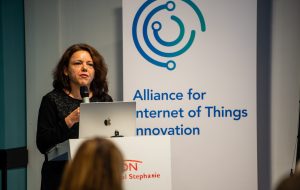
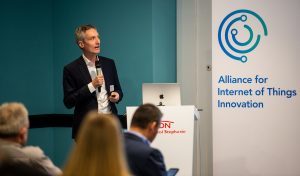
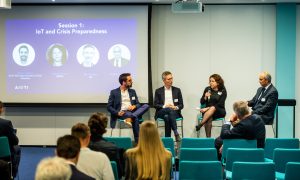
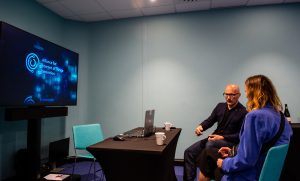
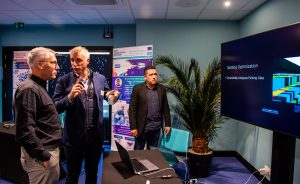 .
. 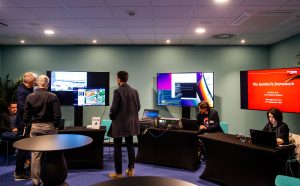
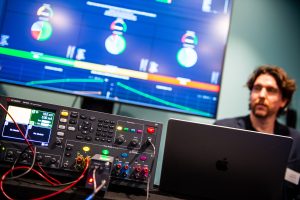
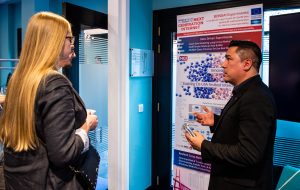
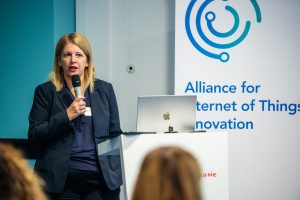 .
. 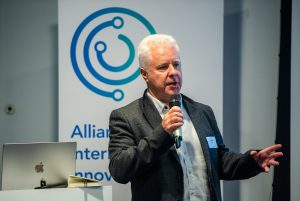
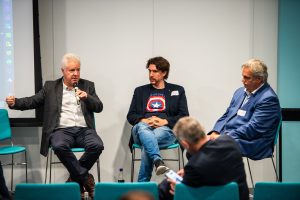 .
. 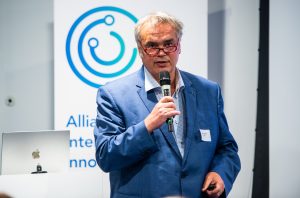
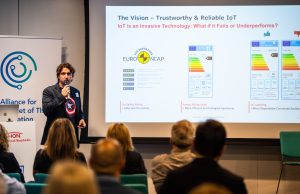

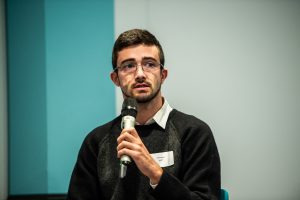 .
. 
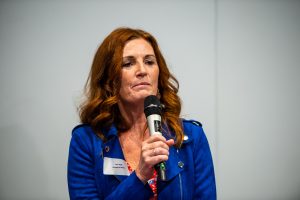
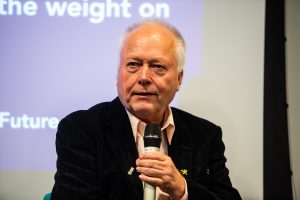

 .
. 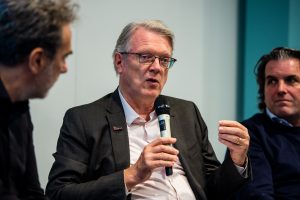
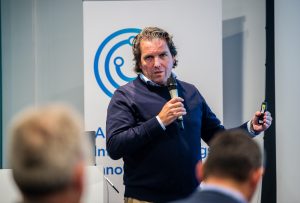
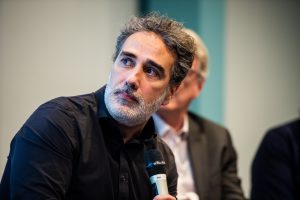 .
. 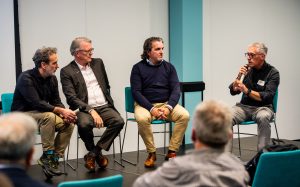 .
. 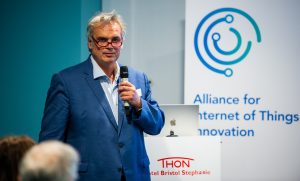
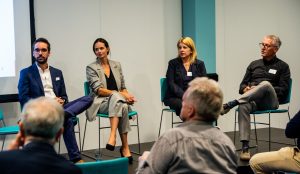 .
. 